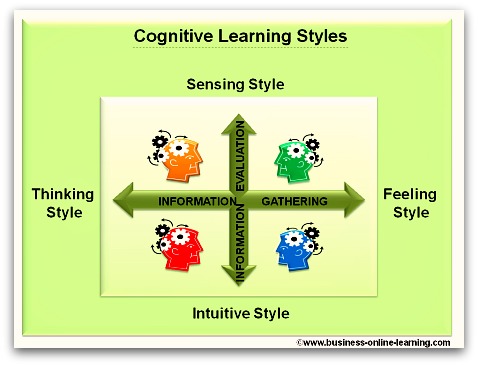Definition of Marketing Strategy
Here is a Definition of Marketing strategy
Marketing Strategy is a process that can allow an organization to concentrate its limited
resources on the greatest opportunities to increase sales and achieve a
sustainable competitive advantage.
Baker, Michael The Strategic Marketing Plan Audit 2008. ISBN 1902433998. p.3
The Categories
There are five strategic categories in the process of definition of marketing strategy.
1. Differentiation: Looking at your ability to create a product that is uniquely attractive. Why should people buy your product over those of your competitor?
2. Marketing: Looking at your ability to offer a good package with service, product reliability, convenient location, etc.
3. Focus: Exploring the idea of developing a Niche strategy – to concentrate on a specific type of customer, product or geographic location.
4. Cost Leadership: Contemplating if you can produce more cheaply than the competition. This type of strategy aims to produce the goods or services more cheaply than the competitor. Cost Leaders will aim to rationalize their manufacturing facilities. The aim is to pursue cost reductions in manufacturing as well as minimize expenses in R&D, services, sales and advertising.
5. Asset Parsimony: This category encourages you to look at the reduction or minimization of assets used up in making the product or providing the service. The aim being to have as few assets as possible per unit output.
Managing Progress
When managing the progress towards your strategic aims, there are the following variables within each dimension you can use for analysis, progress reporting or re-directing.
Differentiation
- Innovation
- Percentage of sales from products introduce over last 2 or 3 years
- R&D as a percentage of sales.
- Average age of products.
- Frequency of major product changes.
Marketing
- Product quality.
- Product image.
- Marketing expenses.
- Advertising and promotion.
- Sales force.
- Services Quality.
Focus
- Product line breadth.
- Breath of customer types.
- Geographic coverage.
Cost Leadership
- Relative directive costs unit.
- Newness of plant and equipment.
- Product pricing.
- Capacity utilization.
- Backward vertical integration.
- Process R&D.
Asset Parsimony
- Fixed asset intensity (gross book value of plant and equipment revenues). Current asset intensity (current assets / revenues).
*Source: Danny Miller, “The Strategy Reader” Blackwell Publishers Inc. 1998
The Strategic Plan
A Strategic Plan can be constructed to identify business alternatives, establish challenging goals, determine the optimal marketing mix to attain these goals, and detail implementation. The chosen Marketing strategy can vary depending on the circumstances of the individual business. One chooses the Best Fit Strategy.
Other options in the definition of marketing strategy would be to view the position to be taken on Market dominance. There are 4 major choices to make:
- A Leader Role
- A Follower role.
The Innovation Perspective
When trying to develop a Marketing Strategy from the viewpoint of innovation, you can decide to aim to be
- Pioneers in your field
- Close followers or
- Late followers.
Each form of strategy having its benefits in costs of entry into the market as well as innovation costs.
On the other hand, the lagging approach of the Close followers and the Late-followers will lend themselves most likely to lesser profit margins situations. These strategies also represent lesser risk.
Concluding your Marketing plan
So, in the definition of marketing strategy - when developing a marketing strategy, research firstly the different ways of perceiving the marketing approach, describing the present day situation and the goals for each aspect. A Gap Analysis between both will form the best layout for a Marketing Strategy Plan.
Go to the top of definition of marketing strategy page
Business Online Learning Homepage ›
Business Strategies ›
Definition Of Marketing Strategy













 My name is Martha and I have worked for over 30 years in various aspects of business and in various countries, right around the world.
My name is Martha and I have worked for over 30 years in various aspects of business and in various countries, right around the world.